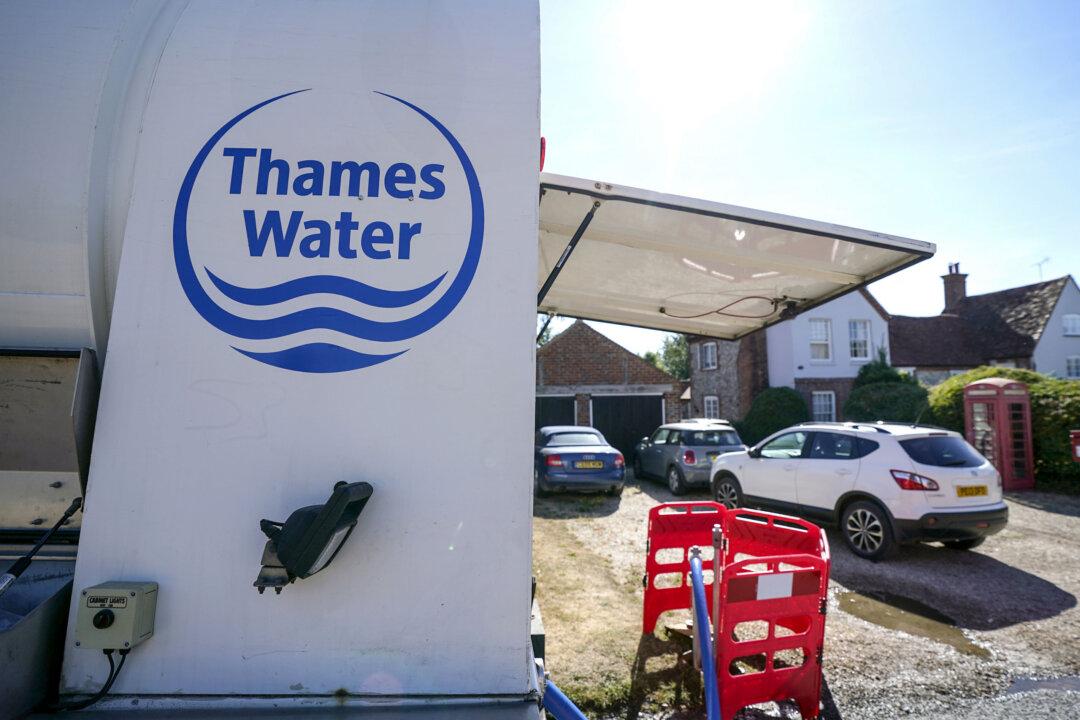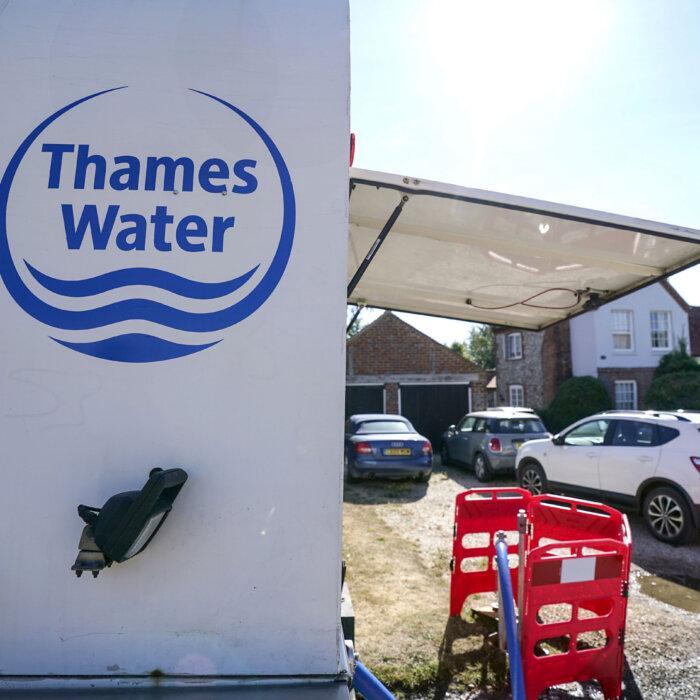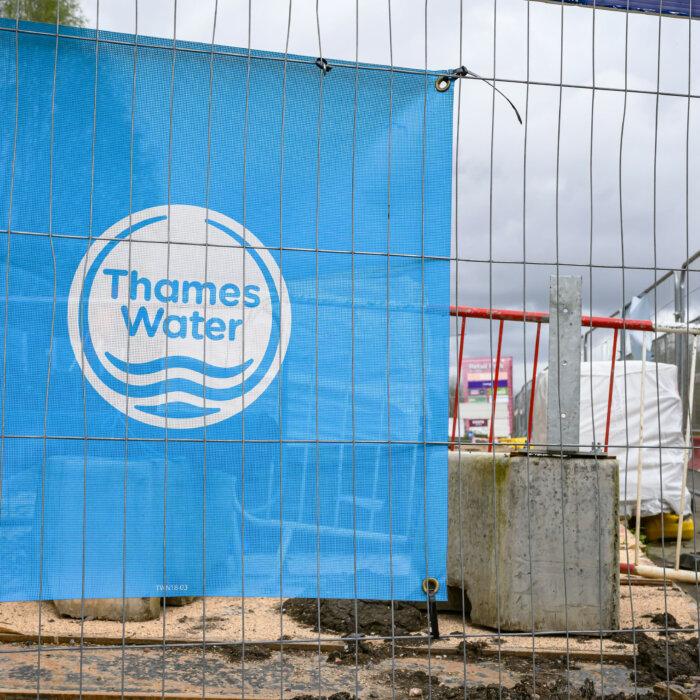Thames Water has been dealt a blow after U.S. private equity giant KKR pulled out of plans for a rescue deal to inject much-needed cash into the troubled utility.
Britain’s biggest water supplier, which has 16 million customers, chose KKR at the end of March to be its preferred bidder under plans to invest around £4 billion of new equity to help keep the financially stricken company afloat.
But Thames Water said KKR was now not “in a position to proceed” and that its status as preferred bidder had lapsed.
The heavily indebted utility said the decision was “disappointing” but added it was instead taking forward talks with “certain senior creditors” on an alternative plan to recapitalise the business.
It will also hold discussions with regulator Ofwat on the senior creditors’ plan.
The withdrawal of KKR raises the spectre of a temporary government nationalisation of Thames Water once more, should it fail to secure a rescue deal.
Environment Secretary Steve Reed said “Thames itself remains stable,” but added, “The government is clearly keeping a very close eye on what’s going on.”
Reed told LBC Radio: “We’re monitoring the situation, but there’s no disruption to water supply.
“Thames have got a number of options that they’re exploring.”
He said that “as things stand” Thames Water is “a stable, ongoing company” but the government was “ready for any eventuality.”
“If the circumstances happened with any company, any water company, where there was a breach and it would need to be put into special administration, that would happen but, as things stand, that’s not applying to any company right now,” Reed said.

The move by KKR comes as an interim report by the Independent Water Commission on Tuesday found the water sector in England and Wales needs a “fundamental reset” and called for a “strengthening and rebalancing” of Ofwat’s regulatory role and a more supervisory approach to its oversight.
Sir Adrian Montague, chairman of Thames Water, said: “Whilst today’s news is disappointing, we continue to believe that a sustainable recapitalisation of the company is in the best interests of all stakeholders and continue to work with our creditors and stakeholders to achieve that goal.
“The company will therefore progress discussions on the senior creditors’ plan with Ofwat and other stakeholders.
“The board would like to thank the senior creditors for their continuing support.”
KKR declined to comment.
It is understood that Thames Water is now progressing at pace on its alternative plans with senior creditors.
These creditors are the bondholders who effectively own Thames Water after the High Court earlier this year approved a financial restructuring through a loan of up to £3 billion to ensure it can keep running until the summer of 2026.
Thames Water is about £19 billion in debt and MPs were told last month that at one point this year it had about five weeks’ worth of cash left before going bust.
That was before it secured the £3 billion loan deal, which effectively stopped it from being renationalised and falling under government control.
However it still needs substantial ongoing financial support to put its finances on a long-term stable footing.
Thames Water said in March that it would also continue talks with senior creditors on a parallel alternative transaction, given there was no certainty over a deal being finalised with KKR.
The group was put under further pressure last week when it was fined a record £122.7 million by Ofwat after it was found to have broken rules over sewage treatment and paying out dividends.
Earlier in May, Thames Water Chief Executive Chris Weston told MPs that if the company faced fines that were too high, it would struggle to get new investment.
It is thought that the water sector is also in need of major reform in order to secure new investment.
Water companies have faced public and political outrage over the extent of pollution, rising bills, high dividends, and executive pay and bonuses.
Thames hiked consumer water bills for customers by an average of 31 percent in April and incurred further wrath over plans to pay senior bosses large bonuses linked to the water company securing a £3 billion emergency loan.
These plans were then withdrawn after Montague admitted incorrectly stating that the so-called retention plan was “insisted upon” by the company’s lenders.






